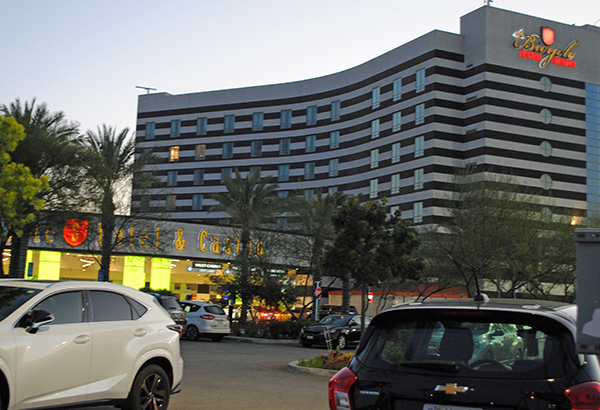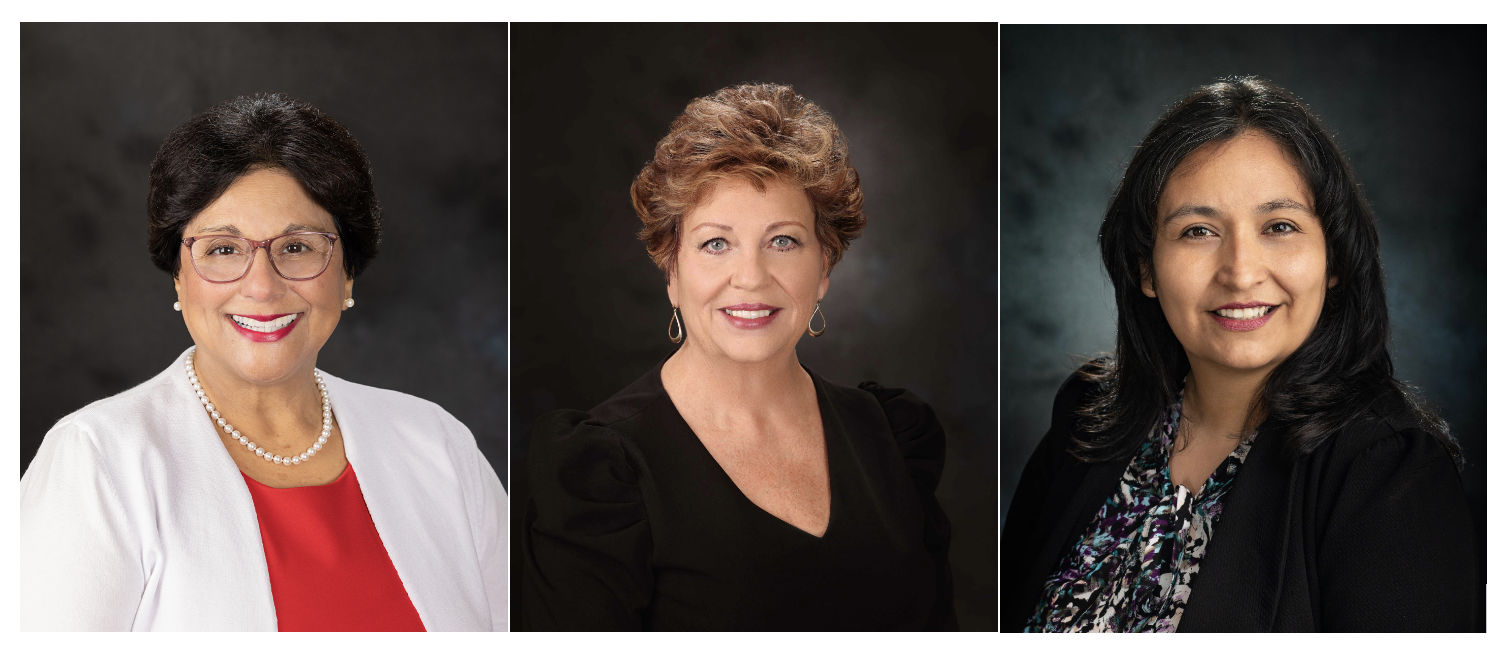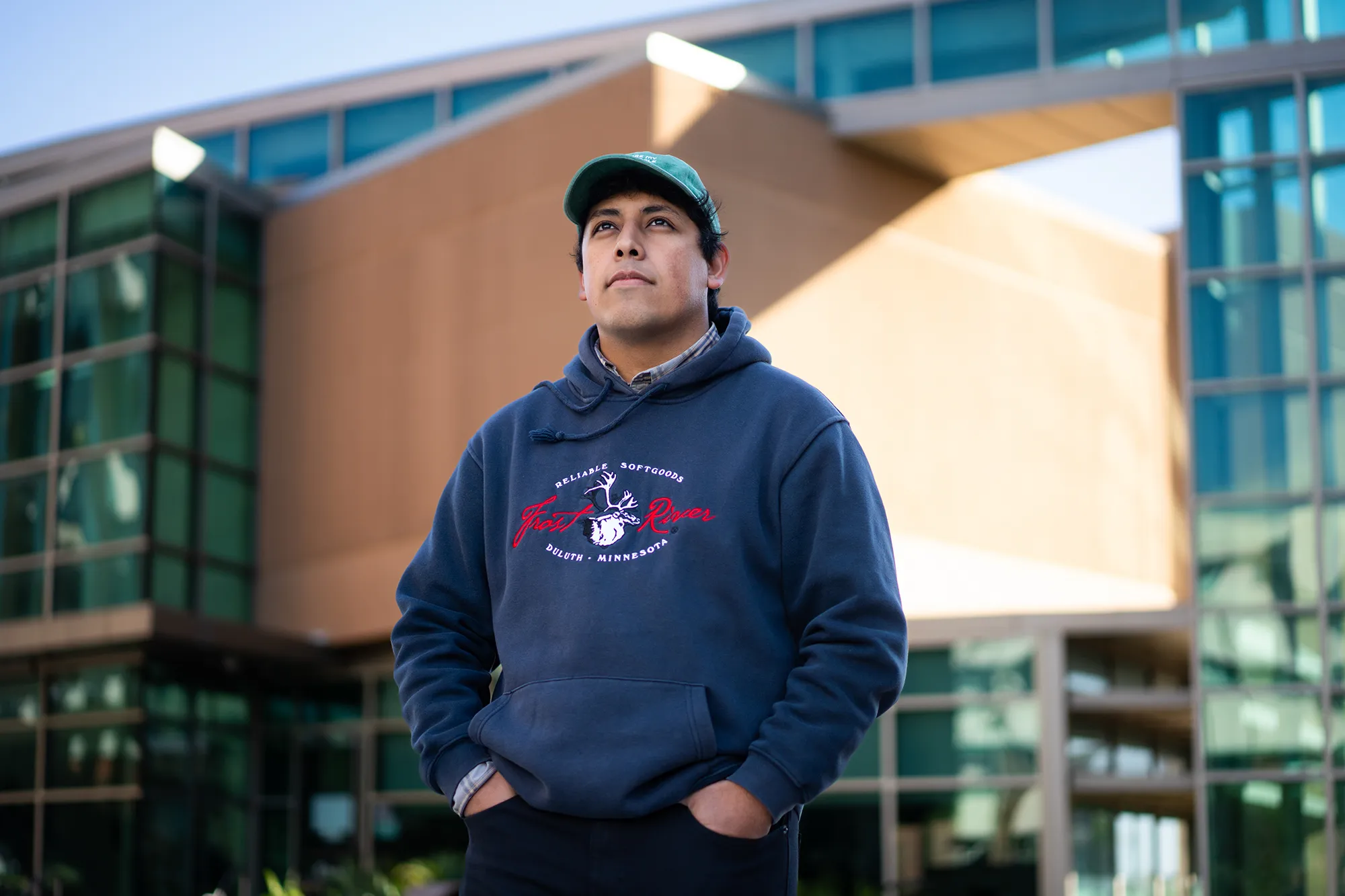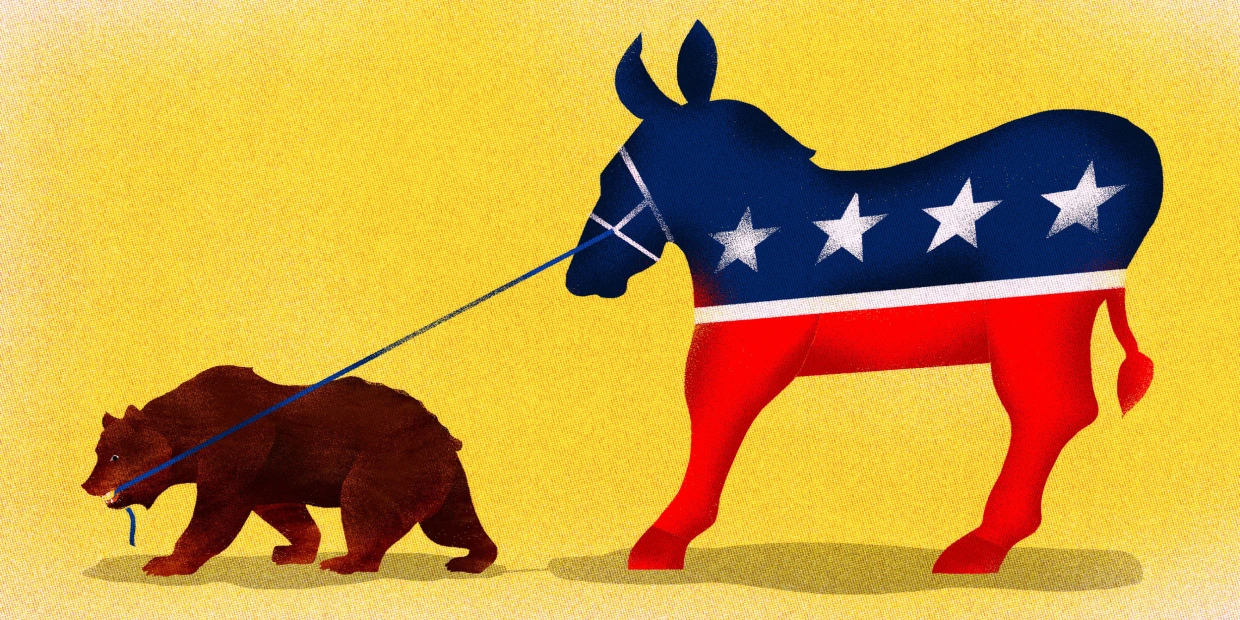By Alfredo Santana
Contributing Writer
LOS ANGELES — A statewide initiative that aims to legalize sports betting on tribal land casinos later this year has pitted local governments and card room representatives against its political sponsors, called the Coalition for Safe, Responsible Gaming.
The cities of Bell Gardens and Commerce, both dependent on local casino tax revenues and from employment generated through card room gambling and hotel operations, have gone on record against the California Legalize Sports Betting on American Indian Lands Initiative that made the Nov. 8 ballot.
A resolution approved by the Bell Gardens City Council indicates that the initiative would allow tribal casinos to hire private lawyers, replacing the role of the attorney general to sue non-tribal competitors, and allowing “frivolous lawsuits” to affect poker businesses such as The Bicycle Hotel & Casino and other cities depending on revenue from casinos.
With the action, Bell Gardens joined the Commerce Casino, the Hawaiian Gardens Casino, the California Cities for Self-Reliance Joint Powers Authority and other member cities against one of three potential sports gambling measures that could ask voters to approve or reject wagering on professional and college sports.
“The California Gaming Association, a trade group of licensed card rooms and vendors oppose the measure because it contains language that would benefit Native American casinos and subject other California card clubs to increased and costly baseless litigation,” the municipal resolution stated.
Joy Harn, the attorney representing the recently rebranded Parkwest Bicycle Casino, said both entities must work together to protect what they have built together and want to preserve for its residents, local businesses depending on economic activity related to the casino and for employees.
Harn chided a provision that would permit tribal casinos to sue card rooms and their customers for what they may consider illegal gambling.
“That is a power that is currently limited within the sole jurisdiction of the attorney general of the state of California,” Harn said. “Tribal casinos have a history of unsuccessfully challenging local card rooms.”
She said that with the initiative’s draft, tribal casinos seek to explode the Private Attorneys General Act to allow and encourage “a barrage of non-stop lawsuits against these legal gambling businesses.”
Such provision, unrelated to the main’s subject’s initiative, would set a “very dangerous precedent that would undoubtedly lead to never ending, meritless lawsuits with all card rooms, including the Bicycle Casino,” the attorney said.
The measure also would legalize betting at licensed racetracks in California, and exclude high school competitions and events staging college teams from the state.
A group of Indian tribes known as the Coalition to Authorize Regulated Sports Wagering is the leading supporter of the ballot initiative, and has raised nearly $13 million to back the effort.
The well-heeled contributors include the Pechanga Brand of Luiseno Indians and the Yocha Dehe Wintun Nation with $2.1 million each, the Federated Indians of Graton Rancheria with $1.85 million and the San Manuel Band of Mission Indians and Agua Caliente Band of Cahuilla Indians with contributions of $1.65 and $1.5 million, respectively.
Their opponents, the committees of Taxpayers Against Special Interest Monopolies and No on the Gambling Power Grab have contributed more than $25 million to fight the complex initiative.
Its top donors include the California Commerce Club, the Hawaiian Gardens Casino with $5.085 million each, the Park West Casinos and the Bicycle Casino with $2.085 million, respectively, the PT Gaming LLC with $1.085 million, and the Knighted Ventures LLC with $1.060 million.
Last month, Park West Casinos purchased the Bicycle Casino card room for an undisclosed amount, and filed documents with Bell Gardens to obtain new operating and business permits.
The initiative would excise a 10% tax on all profits recorded from betting at horse race tracks, and ban in-person gamblers younger than 21 years of age.
If voters approve the initiative, California would be required to divvy up the revenues as follows: 70% to the general fund, 15% for the state’s Department of Health to conduct research and development and phase in new programs to treat gambling addiction and mental problems related to betting, and 15% to the Bureau of Gambling Control for enforcing and regulating sports wagering and other forms of gaming.
National gaming companies like DraftKings and FanDuel are also sponsoring an online sports betting initiative that has not garnered enough signatures to make it to the November ballot, but pledges to fund new programs to combat homelessness and treat mental illnesses.
Commerce City Councilman Leonard Mendoza said the city is against the tribal gaming initiative because it would harm the city’s ability to collect revenues that fund services residents depend on, from parks and recreation to police and fire.
“During the pandemic, California cities that depend on the revenues generated through legal gaming at card rooms have seen the devastating impacts card room closures have had on municipal budgets and the vital services they fund. Hundreds of millions of dollars in local revenues are on the line, money needed to invest in the safety and well-being of our residents,” Mendoza said.
A statement from the Taxpayers Against Special Interest Monopolies indicated that California cities stand to lose $500 million in taxes and $5.5 billion in economic activity if the sports gambling measure garners enough voters support in November.
The political action committee claims the proposed constitutional amendments guarantee for casinos on Indian lands “a near monopoly on all gaming in California, adding exclusivity over roulette, craps and sports wagering to their current monopoly on slot machines,” the document read.
In addition, the measure would put at risk more than 32,000 jobs in California as a result of unjustified or questionable lawsuits, the committee said.
In 2018, the U.S. Supreme Court ruled in Murphy V. NCAA that the federal government had no authority to ban legalized sports gambling, opening the gates for a multi-billion dollar practice currently conducted in 30 states.
The New Jersey case challenged Congress’ legal authority to prohibit bets on sports set forth in the Professional Amateur Sports Protection Act of 1992.
Results released in February from a UC Berkeley IGS-Los Angeles Times poll conducted among likely voters found that 45% are inclined to support an initiative to legalize sports betting this year, with 33% leaning to oppose it.
According to Mark DiCammillo, director of the Berkeley IGS poll, men tend to back the idea more than women, with larger preference among younger and middle age voters.
“Voters who express a lot of interest in pro sports support the idea almost three to one (63% to 22%), while among those with no interest [in sports] just 33% favor the amendment,” he said.












